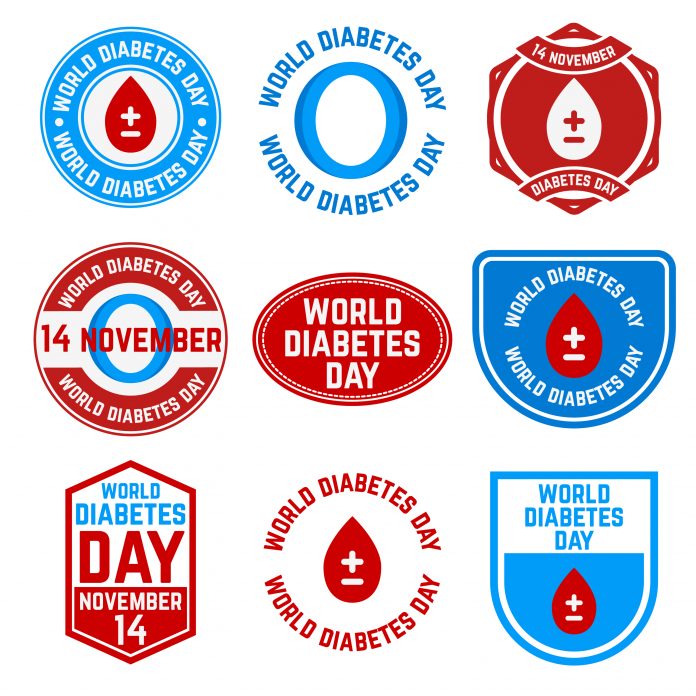Diabetes didn’t mean that much to me before yesterday. Yes, my grandmother had it for decades, along with some close friends, but it hadn’t affected me personally. I had a vague understanding about the disease, but really just figured one had to monitor sugar consumption and life would be okay.
Boy, was I wrong.
Yesterday, I was told I have Type 2 Diabetes. I am 37 years old. I am still, at this moment, in complete shock over the news. How could this happen? I’m not very overweight, I don’t smoke, and I don’t drink. I have had a series of health problems this year, but diabetes never crossed my mind. All of a sudden, diabetes meant more to me than “just checking my sugar.” It’s a serious (and often progressive) disease that can cause major complications if not carefully monitored.
November 14th is World Diabetes Day. According to the Canadian Diabetes Association, Type 2 Diabetes – the most common type for adults and seniors — occurs when the body cannot use insulin properly. This is referred to as insulin resistance. As people age, risk for Type 2 Diabetes rises. Seniors are also more likely to experience complications with their diabetes.
A diabetes diagnosis can leave you feeling very overwhelmed.
Here are some ways to deal with the fact that your life has changed.
Don’t blame yourself
We have a misconception in our society that every obese person will end up with diabetes. It’s not true, as I quickly learned yesterday. Being obese and having a sedentary lifestyle certainly puts one at a higher risk for developing diabetes, but it’s not the sole reason why someone will have the disease.
Other factors, such as genetics, ethnicity, increasing age and high blood pressure also play important roles. Your diet may be less than subpar, but there is little use in blaming yourself. Use this time to empower yourself and make positive lifestyle changes. You can’t change the past, but you can control your future choices. In some diabetics, carefully monitoring sugar intake and being more active may be enough to keep them off medication (including insulin) for good.
It’s okay to be sad
You’ve just been given some shocking news – it’s not unnatural to feel saddened, or even a little angry. I have had a host of health problems in the last six months, and diabetes was just the icing on the cake, so to speak. I allowed myself to cry. I called up some friends, who were nice enough to lend a listening ear. I was secretly worried I may face judgement. Did I eat one too many burgers, or French fries? Did I let my family down? I had to let my guard down and trust my friends and family would let me be emotional during an emotional time.
Lean on your diabetic support team
Your friends and family will hopefully be great support systems for you at home, but your new medical team will be just as important. This team will likely consist of a dietician, optometrist, pharmacist and family doctor. You’ll have to check in with your health practitioner at least every 2 to 3 months to make sure your sugar levels are on target. Your team will ensure you are armed with the right tools to properly manage your sugar levels at home. Uncontrolled sugar, over time, can lead to serious complications such as nerve damage, loss of eyesight, foot problems and puts you at an increased risk for heart disease.
Facing a new diagnosis can be scary. Make sure you lean on your loved ones for support when needed and ask questions of your medical team. They are there to help you and ensure you stay healthy, despite living with a chronic illness.
This article is intended for informational purposes only. Please consult your healthcare practitioner if you think you are at risk for diabetes, are experiencing symptoms or struggling with the diagnosis.
























